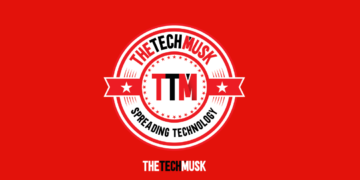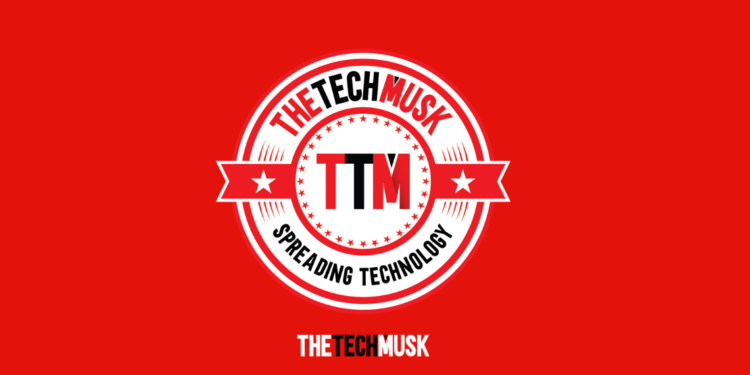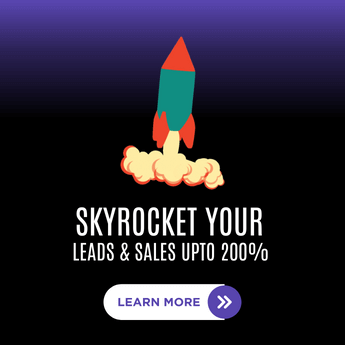To survive and excel in the competitive market, it is crucial to bridge the gap between raw code and its daily issues, such as decreasing friction between ideas, delivery, and customers. The DevOps culture aims to empower businesses to use the unique skills developers, and infrastructure professionals bring to the table.
For example, if a developer wants to create an environment, they can start an automated process. The process requires creating the DevOps Companies, which performs the relevant task consistently and tested, delivering the expected results quickly and enabling business users to provide feedback.
Why Big Companies are Using DevOps

Shorter development cycles, greater deployment frequency, and faster time to market. Yes, these are just a few of the current software development strategies that are in high demand. On top of that, it places a lot of emphasis on communication, collaboration, and creativity. Additionally, it may also catalyze organizational cultural change.
Let’s check out some of the Fortune 500 companies that have been acing DevOps Technology.
Walmart

Walmart Labs uses DevOps strategies to accomplish its goals. The company has created OneOps cloud-based technology, which automates and speeds application deployment. It has also developed many open source tools, including Hapi, a Node.js framework.
They use this for developing apps and services that allow developers to design reusable application logic rather than infrastructure. It just deployed over 100,000 OpenStack cores to establish its private cloud, and its agile strategy is still evolving.
Amazon

Amazon decided to migrate to Amazon Web Services (AWS), the online cloud storage. Then the engineers were able to increase capacity up or down progressively. Not only did this save money on server capacity, but it also paved the way for a continuous deployment method. This step allows every developer to deploy their code to whichever servers they want, whenever they want.
Engineers were deploying code every 11.7 seconds on average within a year after Amazon transitioned to AWS. In addition, as a result of the agile strategy, the frequency and length of outages were decreased, resulting in higher income.
Sony Pictures Entertainment

The Digital Media Group of Sony Pictures Entertainment encountered significant crises. Moreover, the big impact was in developing a software system to manage entertainment assets for end consumers. Manual processes and other roadblocks often resulted in a months-long wait between software development and delivery.
Once the company has programmed DevOps strategies, DMG has reduced its months-long delivery time to mere minutes. This freed up developers’ time to focus on new features while cutting down idle resources and expenses.
Adobe

Adobe implemented DevOps five years ago. At that time firm transitioned from packaged software to cloud services. Thus, they were forced to make a continual succession of minor software upgrades instead of massive, semi-annual releases.
This change has enabled faster delivery and better product management, and Adobe has already satisfied 60 percent greater app development demand.
Nordstrom
Nordstrom’s mobile app development team was the catalyst for the company’s DevOps transformation. The team broke down the gap between development, product support, and structured squads. Since then, the firm switched to continuous planning and a single work backlog.
Within a short time, defects decreased, throughput increased, and releases were reduced twice a year to once a month. More significantly, Nordstrom discovered that any team could use these techniques. And therefore, it is now implementing them across the company.
Best DevOps Companies to Hire

To re-architect or develop new methods in your DevOps strategies, it is always better to consult with experts. Here are some of the best DevOps Companies that you can hire to optimize your company’s DevOps strategies.
iTechArt
iTechArt has started its journey in 2002. Since then, they have assisted VC-backed startups and fast-growing digital firms in developing rich products that meet customer demand. They have a talent pool of 1800+ outstanding brains at iTechArt that excel at DevOps implementation.
- iTechArt is affiliated with Microsoft, AWS, and Google Cloud.
- They identify client needs and recommend tools and techniques that will assist them in improving.
- They monitor metrics and logs regularly to evaluate production and infrastructure.
Ranger 4
Ranger4 is a leading DevOps Development Consultancy in Europe. The team aims to help companies deliver better software quicker and more securely. They focus mostly on DevOps’ cultural characteristics. In addition, they aid in the exploration, education, and evolution of the industry and its employees to achieve minimal costs and greater revenues.
- They are dedicated to providing extremely secure DevOps solutions.
- Customers benefit from the DevOps LoopTM.
- Clients can maintain growth and distribution budgets and recognize the true value of their business.
Sematext
Sematext Cloud provides clients with organized real-time performance monitoring. As well as log management, alerts, and events, they offer exceptional visibility into their robust structure.
- Metrics, Logs, Events, Alerts, Anomalies, and Dashboards all appear in one frame, making DevOps simpler.
- Log management, performance tracking, and management are all done in one place.
- Assists in the correlation of measurements and logs.
CloudBees
With Jenkins, CloudBees can provide enterprise-class security, consistency, and management. Jenkins infrastructure from CloudBees is built with straightforward security in mind. Additionally, it features complete transparency of real-time dashboards.
- Secure and cost-effective.
- There is no limit to how big you can get.
- Jenkins’ infrastructure includes built-in flexibility, which lowers its cost.
OpenMake Software
OpenMake Software creates accessible Agile DevOps solutions that handle continuous delivery problems. OpenMake’s software release results incorporate with their current tools and do not utilize for multi-platform endpoints.
- Aids in the complication of software structures and problems.
- Form and issue software that works 12 times faster and is less expensive.
- Practices using tools like Jenkins, Ansible, and GitHub.
Final Verdict
The objective of DevOps is to produce higher-quality software more rapidly and consistently while also improving communication and collaboration across operational teams. This is the true reason why major Internet firms are increasingly embracing DevOps.
Above are some of the top-rated DevOps Companies that provide safe and dependable services. It’s not the name but the services that have bought them the success today.





























